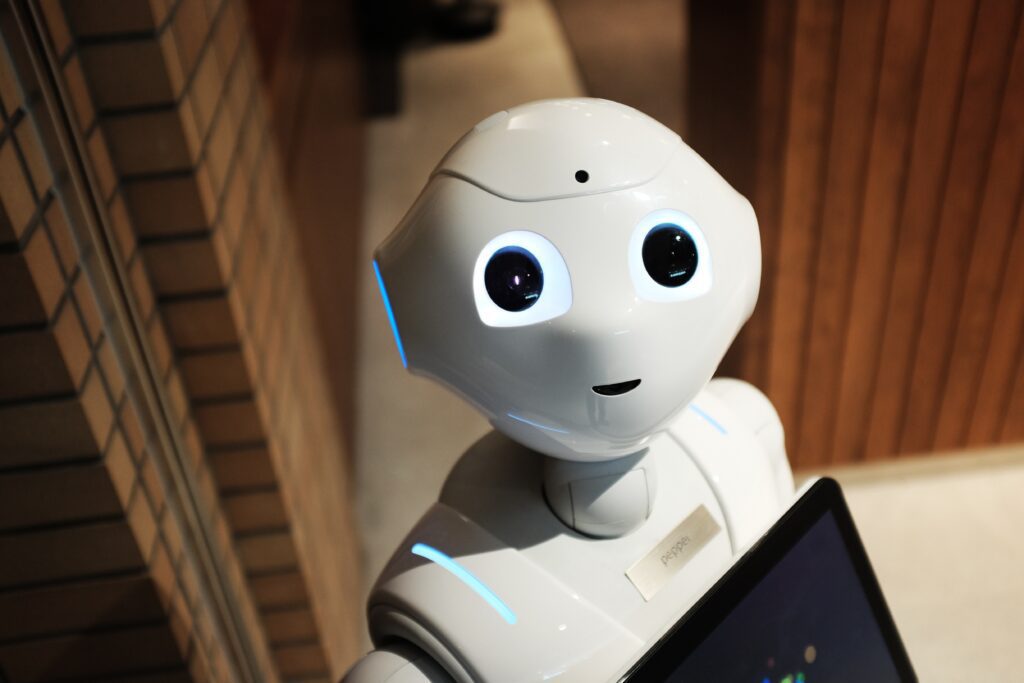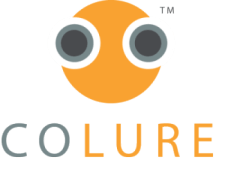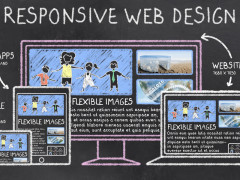By now, the ability of the fast-paced evolution of modern technology to disrupt should come as a surprise to nobody. In 2021, a group of Reddit users employed the Robinhood app to change the way we think about the stock market, likely forever. In that time, the ability of a single mobile app and of other areas of tech like artificial intelligence to upend entire industries has proven itself time and again.

AI in particular has become an increasingly common part of the public conversation thanks to the debut of solutions like ChatGPT. At a basic level, the premise of ChatGPT is simple – it leverages natural language processing, coupled with state-of-the-art AI technology, to let users have human-like conversations with what is essentially a chatbot.
In the short period of time since it launched, however, ChatGPT itself has been filled with surprises. Organizations are using it for coding help – and indeed, there have been entire mobile apps created using AI. Business leaders use it to support their decision-making. It’s been leveraged for customer support, language translation – you name it and ChatGPT can probably do it.
Which is a major part of the reason why artificial intelligence has been so disruptive in such a short amount of time. One industry that is asking a bevy of existential questions is digital marketing. In a world where AI can be used to effectively manage most touch points on the buyer’s journey, what role do actual humans play in the lives of customers everywhere? The answers to questions like that one bring with them a number of fascinating implications that people should be aware of moving forward.
AI and Digital Marketing: Where Does One End and the Other Begin?
To take an optimistic approach to the topic, AI does bring with it a number of benefits in the short-term for human digital marketers. It allows them to automate a lot of the time-consuming and menial tasks that make up their day, letting them focus on matters that truly need their attention. It helps them understand their target audiences better than ever through things like data analytics, all in a fraction of the time it used to take.
But keep in mind that AI is also being used for content generation. Right now, people are using these tools to write everything from blog posts to entire novels and just about everything in between. If a business owner can use it to generate exactly he type of digital marketing copy that they need at a much smaller cost than it would take to hire a team of people to do the same, one can’t help but wonder – what do you need that team of people for after a certain point?
Right now, the digital marketers themselves are still in control of the marketing experience. But how far off is a day when that is no longer the case? Artificial intelligence is supposed to get better at whatever task it is programmed to do over time. When it becomes better at connecting with audiences than human marketers are, it will reach that point objectively. Then what?
All this is somewhat ironic within the context of an industry like digital marketing – something that was founded based on the principles of disruption to begin with.
For decades, marketing was a fairly straightforward affair, driven by ad agencies filled with copywriters who spent time crafting a message that would be effective with the largest possible audience in an instant.
Then came the Internet and the increased level of personalization that came with it. This disruption was massive – marketing success was no longer about the broadest message, but instead focused on getting the right hyper personalized message in front of the right person at exactly the right time. Seemingly overnight, the focus of an entire industry changed for all-time.
Now, it seems poised to happen again. It is being shepherded by an extension of the very technology that supplanted teams of ad men on Madison Avenue all those years ago.
The Future of Digital Marketing is as Disruptive as Ever
Perhaps the most important question is this: is the level of disruption on digital marketing brought on by artificial intelligence even a problem at all? Likely not from the perspective of the end users, who still get the personalized experiences they crave. Probably not from the point of view of the businesses who need marketing collateral to sell their products, either.
So what does digital marketing – and its ability to employ countless people – even look like a year from now, let alone in five or ten? Nobody can say right now, but it’s something that many industry professionals will be thinking carefully about for the foreseeable future.




Leave a Reply